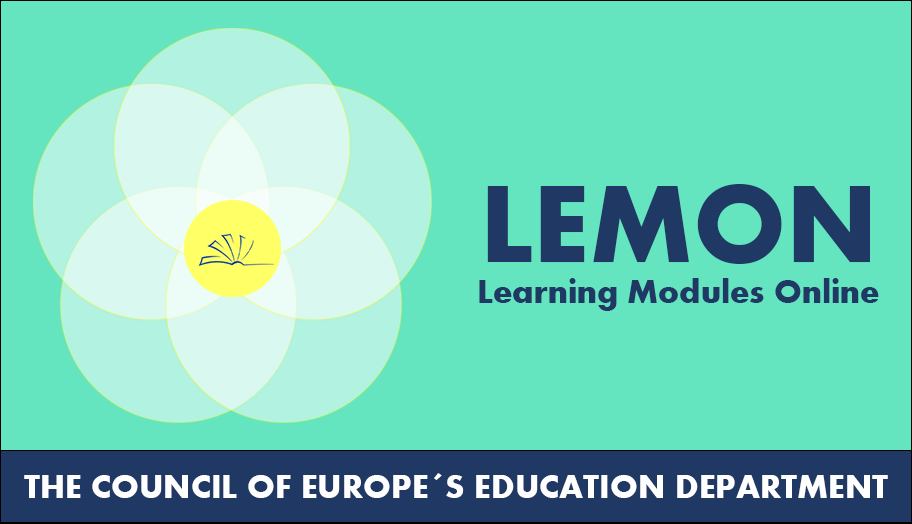This resource, developed within the Pestalozzi Programme, combines the theoretical and practical aspects of cultural identity and diversity, and accentuates the importance of Intercultural Education. On a theoretical level, practitioners are invited to think and reflect on the importance of children’s dynamic cultural identities and the first language to successful learning. Moreover, it emphasizes the need for the curriculum to be affirmative of individual pupil and group identities and the need to be able to develop personalised learning.
The staged activities are planned to contribute significantly to illustrating, for the learners, the links between the theoretical models and the experiential realities for children disadvantaged by negative responses (by peers and teachers) to cultural diversity. Participants will practice the skills of exploring and managing sensitive issues surrounding stereotyping and curriculum inclusive development.
On a practical level, participants are engaged in reflecting on how stereotypes lead to discrimination. History is used as a tool to create awareness of issues of oppression, discrimination, racism and genocide -helping to avoid ‘blaming the victim’.
Click here to access this resource
To cite this resource: Ivatts, A. (2012). Why is ICE so important for the happy and successful learning of all students?. In Council of Europe Pestalozzi Programme Training Units.




